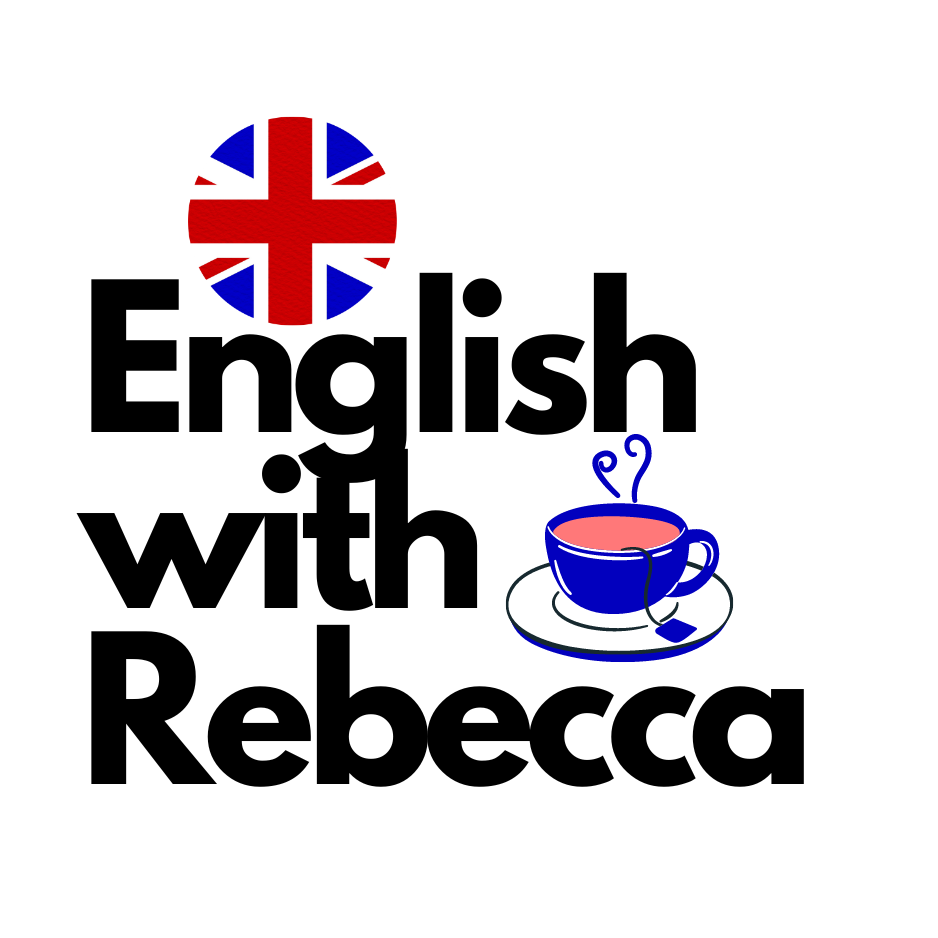As a native British English speaker, I’ve often found it fascinating how the English language varies across the world. One of the most well-known distinctions is between British and American English. Although we share the same language, there are differences in vocabulary, spelling, pronunciation, and even grammar that can sometimes cause confusion.
In this lesson, we’ll explore the key differences between British and American English and look at ten examples of words we say differently. By the end, you’ll have a better understanding of how these variations shape the language.
1. Vocabulary
Perhaps the most obvious difference is in vocabulary. British and American English often use completely different words to describe the same thing. For example:
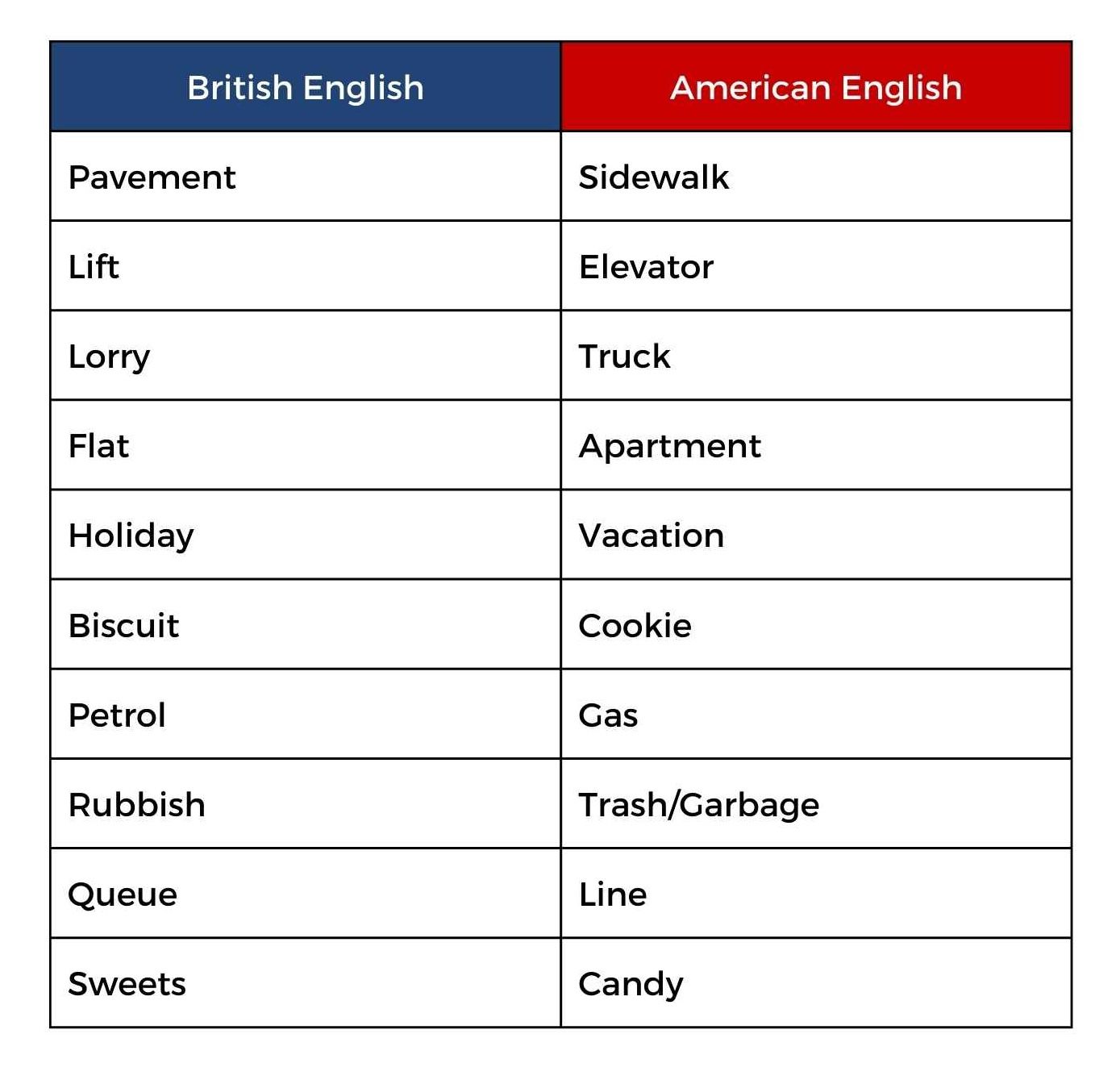
These differences are important to know if you’re travelling, as using the “wrong” term might confuse someone unfamiliar with the other variation.
2. Spelling
British English tends to preserve the original spellings of words derived from French and other languages, while American English simplifies them. Here are some common differences:
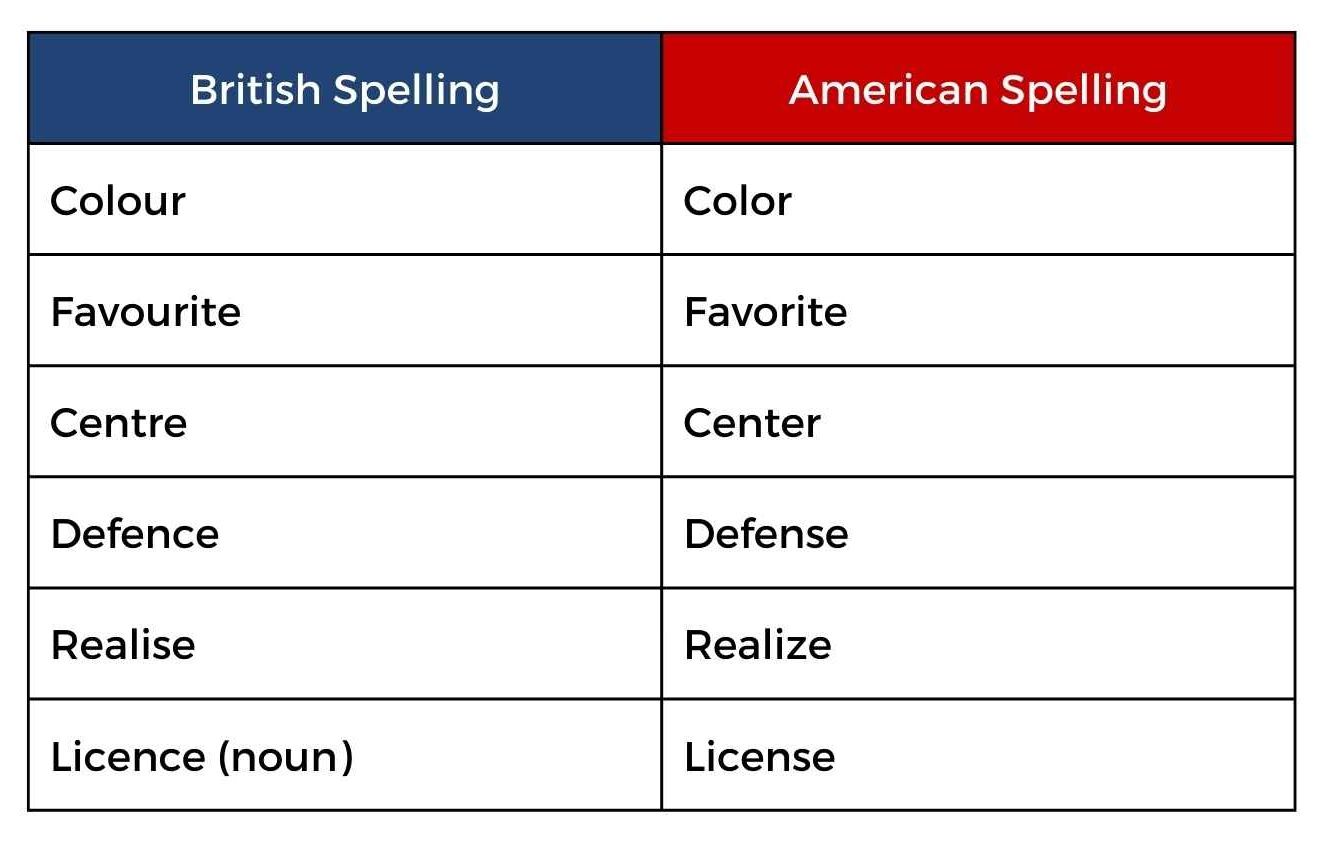
3. PronunciationThe way words are pronounced can vary significantly between British and American English. For example:
Schedule: In British English, it’s pronounced as “shed-yule,” while in American English, it’s “sked-jule.”
Tomato: British English says “to-mah-to,” whereas Americans say “to-may-to.”
Even the way we stress syllables in words can differ. For instance, Americans stress the first syllable in “advertisement,” while Brits stress the second.
4. Grammar
While grammar is largely the same in both varieties, there are some notable differences:
Prepositions: Brits say “at the weekend,” while Americans say “on the weekend.”
Past Simple vs Present Perfect: In British English, we’re more likely to say “I’ve already eaten,” while Americans might say “I already ate.”
Collective Nouns: British English treats collective nouns (e.g., “team” or “family”) as plural, while American English treats them as singular.
For example:
British: The team are winning.
American: The team is winning.
5. Expressions and Idioms
Certain phrases and idioms are unique to each version of English.
For example:
British English: “I’m knackered.” (I’m very tired.)
American English: “I’m beat.” (I’m very tired.)
10 Words We Say Differently
Here’s a quick reference list of common vocabulary differences:
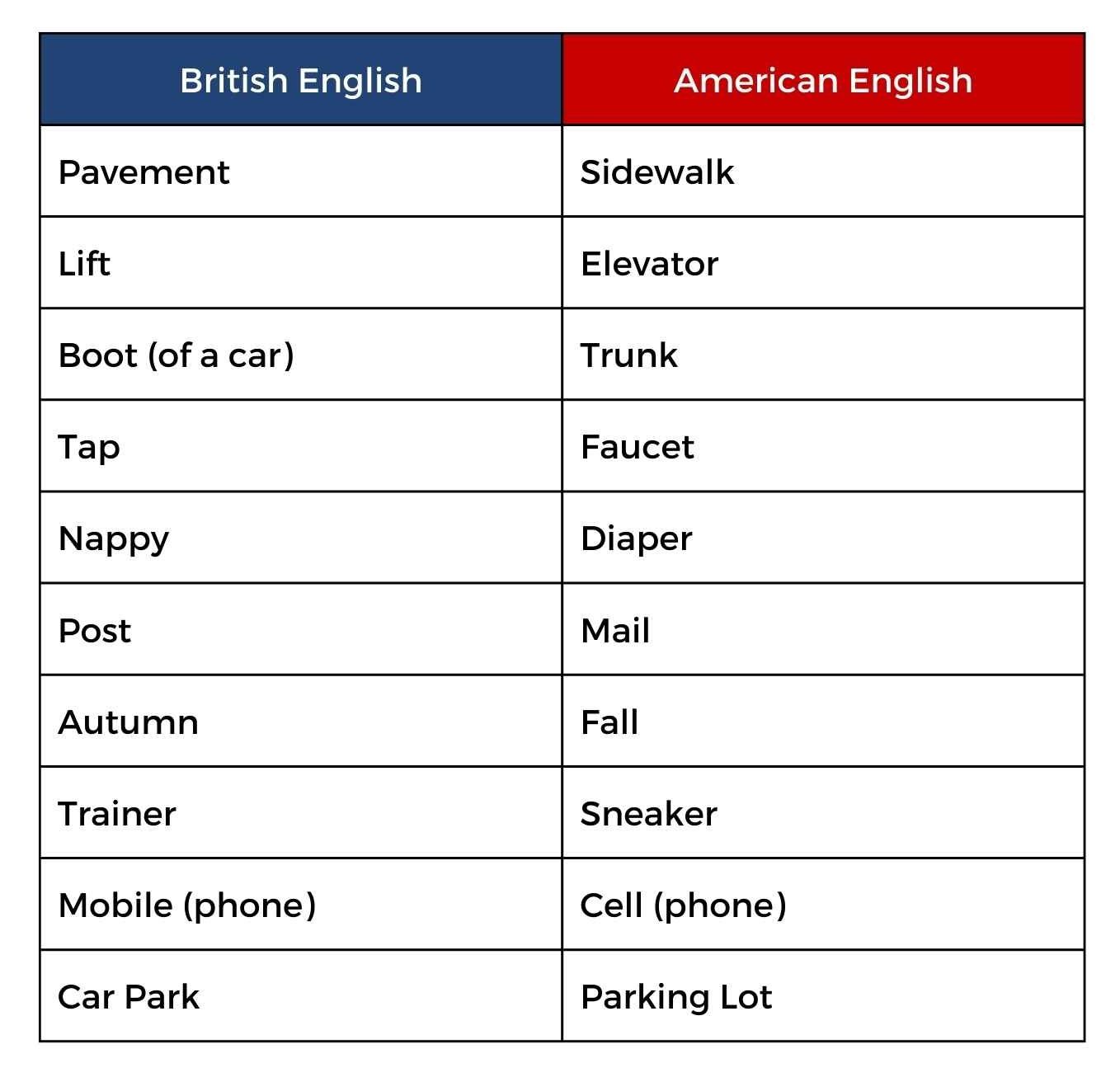
Understanding the differences between British and American English can make communication smoother and more enjoyable. Whether you’re learning English or simply curious, knowing these distinctions can help you appreciate the diversity of the language. 🎉




